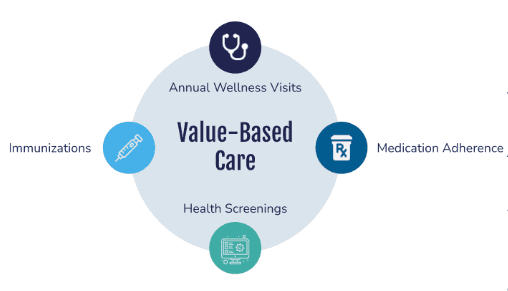Health Insurance Explained
Understanding Household Income for Marketplace Health Insurance

Laryssa Jardine - Chief Product Officer at RateQuote,

When applying for Marketplace health insurance, you must include income for everyone in your tax household — not just those needing coverage.
That means:
- The tax filer
- Their spouse (if applicable)
All tax dependents, even if they don’t need insurance
Example:
If you claim your 20-year-old child as a dependent, their part-time wages count toward your household income — even if they don’t need coverage.
See the full rules on household size and income for details.
What Types of Income Count?
You’ll need to estimate modified adjusted gross income (MAGI). These taxable income sources count:
- Federal taxable wages from your job
- Self-employment income
- Social Security & SSDI
- Unemployment compensation
- Tips, investment income, capital gains
- Retirement or pension income
- Rental or royalty income
- Excluded (untaxed) foreign income
- Alimony (if divorce/separation finalized before Jan. 1, 2019)
See the Marketplace guide to income types for more details.
What Types of Income Don’t Count?
The following do not count toward Marketplace income:
- Child support
- SSI (Supplemental Security Income)
- Veterans’ disability benefits
- Workers’ compensation
- Proceeds from loans (student, home equity, bank loans)
- Gifts
- Child Tax Credit payments
- Alimony (for divorces/separations finalized on or after Jan. 1, 2019)
Why Accurate Income Reporting Matters
The Marketplace uses your household income to determine:
- Eligibility for Premium Tax Credits
- Cost-Sharing Reductions (help with out-of-pocket costs)
- Medicaid or CHIP qualification
Case Study:
A family of four with a household income of $60,000 qualifies for premium tax credits that lower their monthly premiums by over $500 compared to unsubsidized coverage. If they accidentally exclude the teenager’s $3,000 annual part-time job, their eligibility calculation could be off — leading to surprise tax reconciliation at year’s end.
For official guidance, review the IRS instructions for Premium Tax Credits.
Statistics on Coverage & Income
- Nearly 85% of Marketplace enrollees qualified for financial help in 2023【KFF†source】.
- A single adult with an annual income below $14,580 (2023 FPL) may qualify for Medicaid in expansion states (HealthCare.gov: Federal Poverty Level).
These stats highlight how closely income ties to coverage eligibility
Household Income FAQs
Whose income should I include when applying?
Include income for yourself, your spouse, and all tax dependents — even if they don’t need insurance. See details on household rules.
Does child support count as income for Marketplace coverage?
No. Child support payments are not counted.
I receive Social Security Disability (SSDI). Should I include it?
Yes. SSDI counts toward taxable household income.
What if my income changes during the year?
You should update your Marketplace application as soon as possible. Reporting changes ensures your premium tax credit is accurate and avoids repayment at tax time.
Are student loans considered income?
No. Proceeds from loans, including student loans, don’t count.





